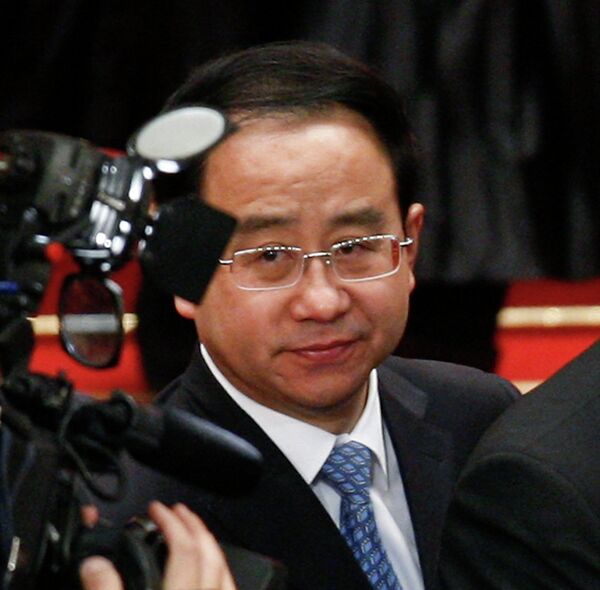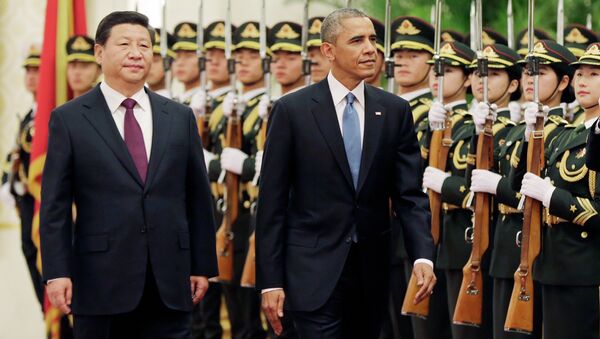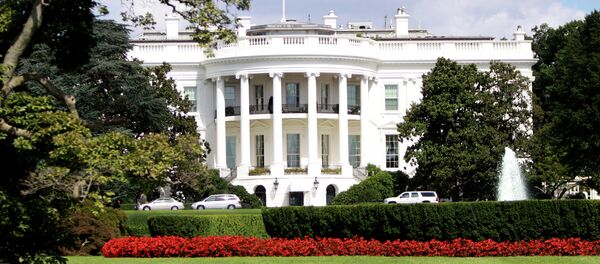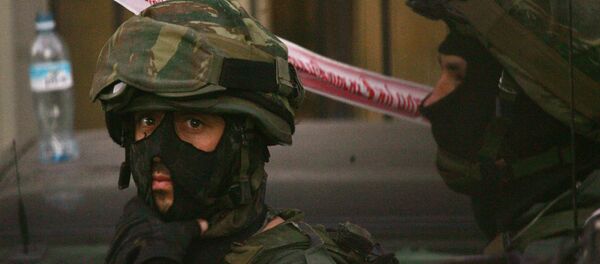Last month, the Chinese government arrested a top-ranking aide to former President Hu Jintao. As part of President Xi Jinping’s crackdown on corruption, Ling Jihua was charged with allegedly taking large bribes on multiple occasions.
While Ling is accounted for, Beijing is still on the look for his brother, Ling Wancheng, who moved to the United States in 2013 or 2014 under suspicious circumstances. For one, Wancheng spent much of 2014 living in a gated community near Sacramento, California, under an assumed name.

But more importantly, Beijing is concerned that Wancheng’s family connections may mean he has access to classified information on government officials. As part of its Operation Fox Hunt – a program launched to track down Chinese fugitives abroad – Beijing has sought to locate Wancheng.
The trail begins in California, where Wancheng bought a $2.5 million mansion under the name Wang Cheng.
"He was so funny, he would send emojis but had trouble with the language sometimes," Sarah Matteson, a former neighbor, told the Wall Street Journal. "He was really a very funny, happy-go-lucky guy who loved life, loved golf."
Neither Wancheng nor his live-in companion, a Miss Zhang Lijun, has been in the house since last October. From there, little trace has been found. While Zhang’s ex-husband has reported possibly spotting her in a Wal-Mart in Plano, Texas three months ago, Wancheng appears to have disappeared without a trace.
Though staying under the radar hasn’t been easy. According to Zhang’s ex-husband, he was questioned by Chinese agents on multiple occasions, two men who with serious expressions who walked into his small business near Irving, Texas.
"One of them was very serious and said: 'If you help us, maybe we can help you,'" the ex-husband told the WSJ. "That’s when I realized these aren’t the kind of guys you can joke with."
On top of the Beijing’s attempts to locate Wancheng, the US Department of Homeland Security has also confronted former neighbors in both California and Texas, asking for any information on the whereabouts of Zhang.
Neither DHS nor the CIA has provided any comment on their search for the Chinese expatriate.
A Flying Kite in the Storm
With tensions rising between Washington and Beijing over disputes in the South China Sea, President Xi Jinping’s visit next month is seen by many as a critical step in negotiations between the two countries. But Ling Wancheng’s disappearance is causing new problems.
For one, it seems highly unlikely that the United States would cooperate with the Chinese government if they find Wancheng – assuming they haven’t already. If he does indeed have access to vital information through his brother’s former position, Wancheng would be one of the most high-value Chinese defectors in decades.
Given that the US is still accusing the Chinese government of being involved in the massive breach of the Office of Personnel Management earlier this year, intelligence cooperation seems especially unlikely.
And then there’s the fact that the US has expressed extreme misgivings about Operation Fox Hunt. According to anonymous sources speaking to the New York Times, the Obama administration issued a stern warning to Beijing, ordering the immediate halt of law enforcement operations on US soil.
Still, as the NY Times points out, the US has its own history of much more illicit actions abroad.
"In the years after the Sept. 11, 2001, attacks, the CIA dispatched teams abroad to snatch Qaeda suspects and spirit them either to secret CIA prisons or hand them over to other governments for interrogation," the paper says.
China’s attempts at persuading fugitives to return to Chinese soil are conducted according to local laws.
"A fugitive is like a flying kite," Li Gongjing, a captain with the Shanghai Public Security Bureau, told the Times. "Even though he is abroad, the string is held in China. He can always be found through his family."





